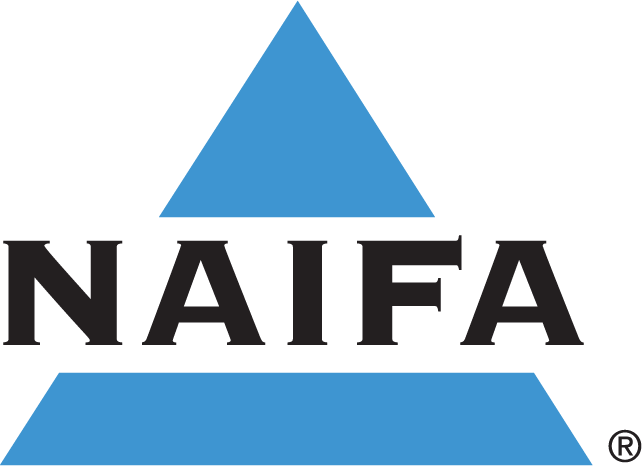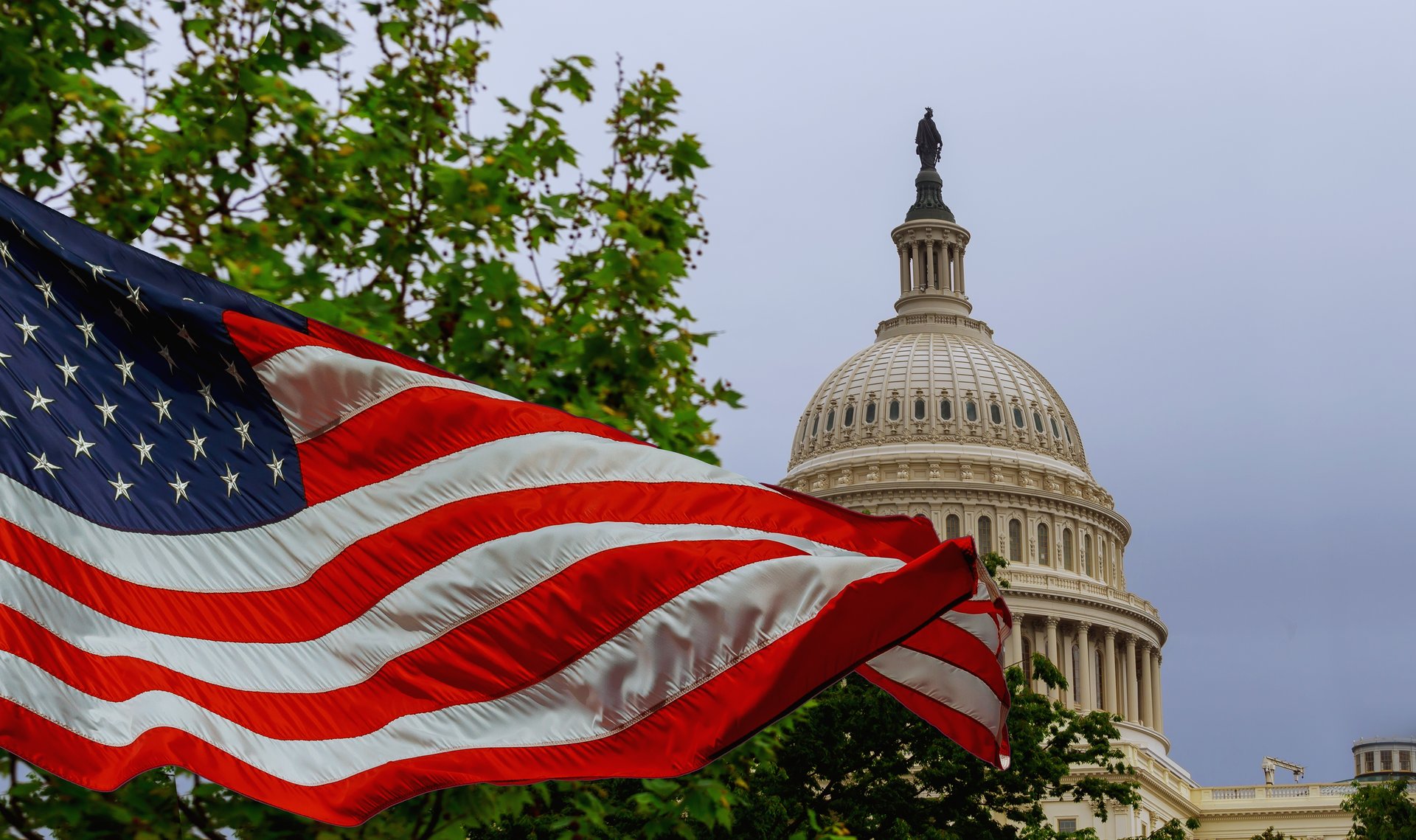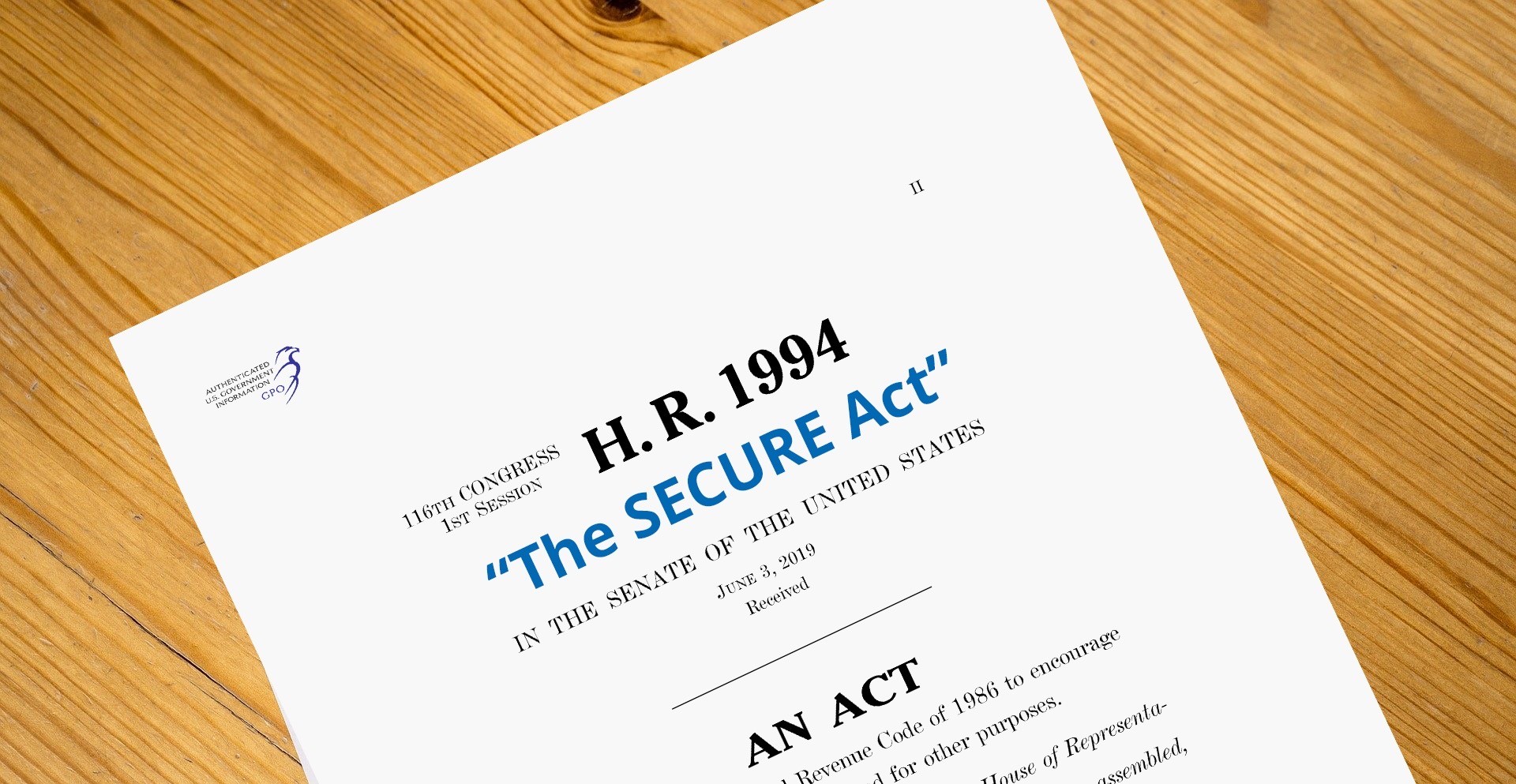The SECURE Act appeared to be on a fast track to passage last month when the House approved it in an overwhelming 417-3 vote. Many on Capitol Hill expected the legislation to breeze through the Senate by unanimous consent, a process under which no individual senator objects to passage of a piece of legislation without changes or debate.
And why not? The SECURE Act is one of the few proposals in Washington these days that enjoys strong bipartisan support and would improve the ability of millions of American workers to better prepare for a financially secure retirement.
“When was the last time nearly every Democrat and Republican in Congress agreed on a substantive piece of legislation?” asked NAIFA CEO Kevin Mayeux. “NAIFA wholeheartedly supports government efforts like the SECURE Act to promote retirement security. Giving workers flexibility and incentives to better prepare and removing barriers that discourage small businesses from offering retirement plans would be an obvious win for those workers and their families.”
Among the SECURE Act’s main provisions, it would:
- Relax rules and address liability issues that discourage small employers from offering retirement plans to workers
- Encourage the availability of annuity options within retirement plans for employees who would benefit from those products
- Require retirement plan providers to disclose the lifetime income value of retirement accounts, so that workers can better gauge their financial security in retirement
- Provide some small employers with tax credits for automatically enrolling workers into retirement plans
- Allow some part-time workers better access to employer-provided retirement plans
- Permit parents of newborn or newly adopted children to withdraw up to $5,000 from retirement accounts without suffering early-withdrawal tax penalties
So, What’s the Holdup?
While the House passed the SECURE Act on May 23, the Senate leadership has not yet put it up for a vote. Several Republican senators, including Ted Cruz of Texas, have objected or expressed concerns that the House removed a provision from an earlier version of the bill. That provision would have allowed holders of 529 college savings accounts to use those savings to pay home-schooling expenses or private school tuition for students in kindergarten through high school. Under unanimous consent rules, dissent by a single senator is enough to derail the process.
NAIFA has activated its grassroots network in Texas and other key states to urge the senators to pass the SECURE Act quickly. NAIFA members, who are on the front lines of the retirement savings crisis, have explained to their senators how they work with Main Street clients who need better access to retirement preparation products and tools. They provide real-world examples of how small businesses struggling to provide for their workers would benefit from the legislation and how expanded access to products providing guaranteed income for life would help many workers.
NAIFA, along with advocacy partners the National African American Insurance Association, Latin American Association of Insurance Agencies, and National Association of Independent Life Brokerage Agencies, recently expanded its grassroots efforts to thank members of the House who voted in favor of the SECURE Act and to encourage all senators to act on the bill quickly. NAIFA also recently signed onto a letter with 21 other associations and organizations sent to every members of the Senate encouraging passage of the SECURE Act.
“No substantial federal retirement reform legislation has become law since 2006, and over the past 13 years we have learned a lot about how the system affects Americans’ ability to save and prepare,” said Mayeux. “The SECURE Act provides a good start to addressing some of the system’s shortcomings. It is high time for senators to put away their concerns and advance this important piece of legislation. This opportunity to give retirement savers a boost with an overwhelmingly positive and popular bill is too good to pass up.”







